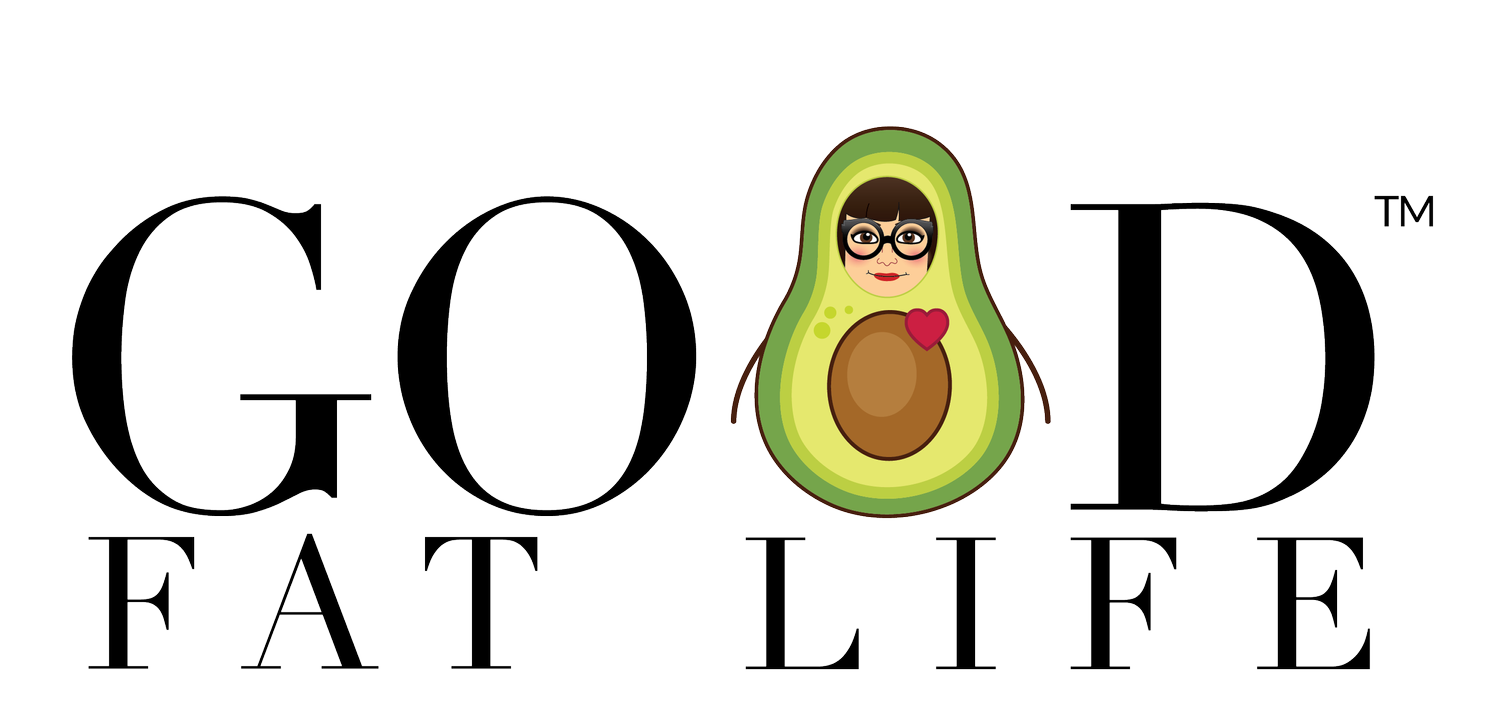Bibliotherapy
by Mary E. Pearsall
From the cradle until our last breath, stories shape and guide our days and lives. Stories soothed us to sleep as children and helped us grow into the people we've become. Just as those long-ago tales soothed us as children, the stories in novels can become a tool for our relaxation today. We're talking about bibliotherapy, and although science is just now proving its validity, it's far from new. The ancient Greek inscription above the entrance to the library in Thebes reads, "Healing place for the soul." The term was first coined by a unitarian minister named Samuel Crowthers over 100 years ago when he wrote about how texts could guide people towards books to help them with their troubles.
The most known form of bibliotherapy involves reading books to get information on overcoming emotional problems: self-help books. These books teach people useful self-help techniques and strategies and offer knowledge to be put into practice. Self-help books have their place; believe me, I've benefited considerably from reading such books. Yet with self-help books, we're dealing with the brain, the patterns, and conditioning; we're using our conscious mind and trying to figure things out. The form we will delve into today involves stories and the benefit of reading novels as a form of therapy, which allows our subconscious minds to do the work while we relax our thinking minds…

